The Cook's Companion
Book
As soon as you dip into this comprehensive cookery book from Australian restaurateur, Stephanie...
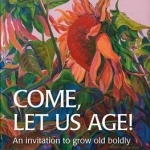
Come Let Us Age!: An Invitation to Grow Old Boldly
Book
In this unique book, established writer on spirituality Wanda Nash reflects on growing old with...
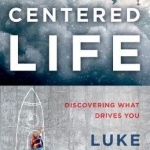
The Dream-Centered Life: Discovering What Drives You
Book
Influential pastor of the 25,000 member Dream City Church has built his entire life and ministry...

Savoring Living Water: How to Have an Effective Quiet Time
Book
We may know that God's Word is “living water,” meant to quench our soul thirst. But we often...
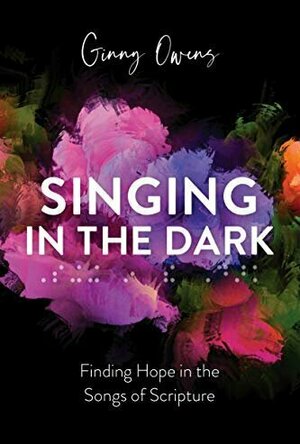
Singing in the Dark
Book
Far too often, life’s challenges and questions cause people to fight feelings of doubt and...
Rachel King (13 KP) rated Finding the Light of Jesus in Books
Feb 11, 2019
The final chapter is actually a collection of prayers and reflections that the reader is supposed to follow over the course of seven days. This is followed by a section of "Conversations With Jesus" that focus on different topics such as anger, jealousy, being overwhelmed, and fear. This is followed by five pages in which she quotes a scripture from the New American Bible, and leaves a blank space for the reader to journal the answers to her questions about the scripture verse. This is followed by more of her prayers and a further 30 days of prayer and reflection.
Overall, the author presents a Jesus that is only concerned about a person's feelings, whom the author seems to believe that everyone has inside of him or her from birth. She further indicates that everyone goes to heaven, and Jesus' strongest quality is being a "light." No mention is made of the basic precepts of Bible-based Christianity, such as sin, salvation, and the resurrection of Jesus Christ. Instead she writes things that seem to contradict parts of scripture, such as stating that Jesus does not judge us and that we are the "light," as well as what I previously mentioned about everyone going to heaven. In the context of that paragraph, I almost expected the author to write that we are all Jesus. I also noticed while reading that nowhere does she ever refer to Him as Jesus Christ either. The entire book has a vague New Age feel, as many of the things Tuttle writes mimic the doctrine of a New Age Jesus.
The author, Cindy Tuttle, has a background of working in the mental health industry for more than twenty-five years. Based on what I have read in this book, I have no doubt that she is good at her job and finds great success with her patients, but I do not find this book of the same calibur.
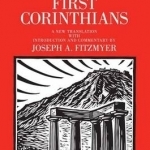
First Corinthians: A New Translation with Introduction and Commentary
Book
This new translation of First Corinthians includes an introduction and extensive commentary that has...
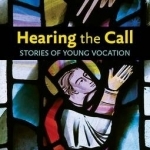
Hearing the Call: Stories of young vocation
Jonathan Lawson and Gordon Mursell
Book
The difference between going into the ministry at the age of 20 or 30, rather than 40 or 50, might...
Migrants and Citizens: Justice and Responsibility in the Ethics of Immigration
Book
What responsibilities do citizens have to migrants and potential migrants? What responsibilities do...
My Rock; My Refuge: A Year of Daily Devotions in the Psalms (US Title: the Songs of Jesus)
Book
New York pastor Timothy Keller is known for his ability to connect a deep understanding of the Bible...
